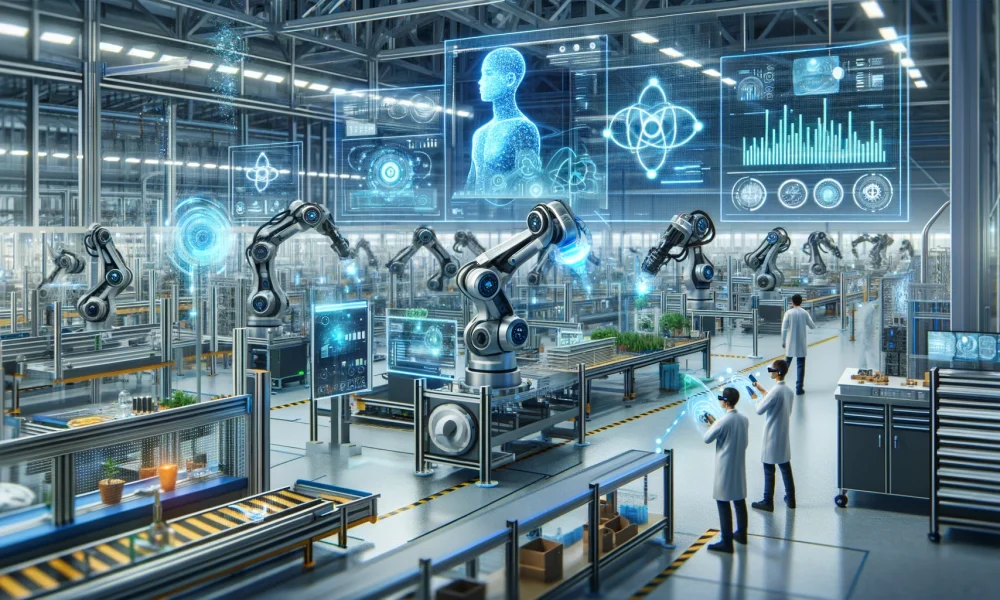Tag: Enhanced Productivity
How Industry 4.0 Is Revolutionizing Modern Manufacturing?
The manufacturing world is undergoing a massive transformation, thanks to the emergence of Industry 4.0. Nicknamed the “fourth industrial revolution,” Industry 4.0 ...





